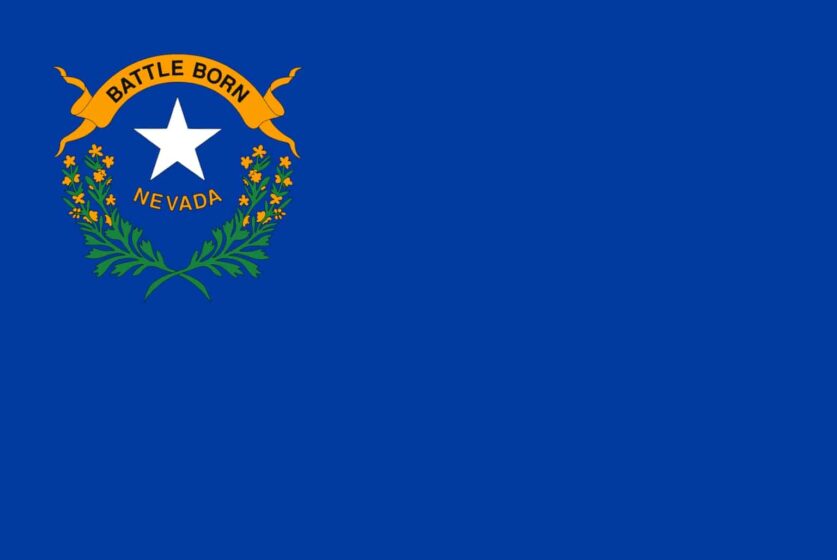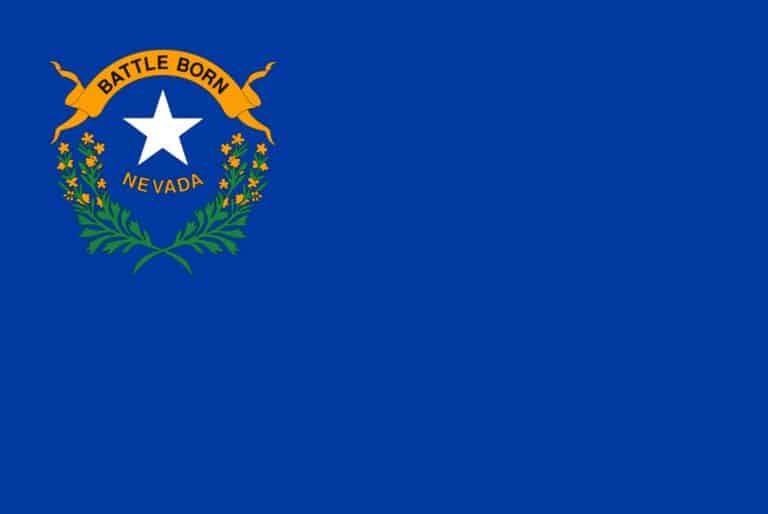
Whether you’re getting ready for catastrophes or simply major mishaps with utilities, keeping a great deal of extra water on hand is a great concept. For drinking, washing, watering plants, and offering it to family pets or livestock, you won’t last long without it.

This is a doubly essential in dry, hot environments, and to assist make sure continuous access to water, some folks have required to setting up rain catching systems on their homes or somewhere else on their homes.
However as tough as it is to believe, this practice isn’t legal all over, even though it’s been provided for countless years!
Let’s take a look at Nevada. Is gathering rainwater unlawful in Nevada?
No, it is not unlawful to gather rainwater in Nevada, however the practice is dramatically controlled at the state level. Residential families may gather just enough to fill a modest container utilizing the runoff from the roof of the house and only for non-potable functions.
Until about 2017, collecting rainwater was absolutely illegal in Nevada, end of discussion. Even collecting a bit of rain in a pail was against the law!
I’m not joking, and though recent years have actually seen the state make some favorable inroads regarding the practice, they still have a really, long method to go to overtake most other states in the country.
You may need a backup plan for emergency situation water if you live in Nevada, but keep reading and I’ll inform you what you need to know.
Is Rainwater Harvesting Illegal at the State Level in Nevada?
No, the collection of rainwater is no longer unlawful in the state of Nevada but it is still exceptionally controlled.
With the signing of Assembly Bill 138 in 2017 residents are finally able to gather simply a bit for themselves and their households, however just for non-potable usage.
In other words, residents of Nevada may only gather rainwater overflow from the roofing system of their house only, de minimis.
De minimis is a legal principle essentially describing amounts that are insignificant to the law, and this is usually construed to be a single rain barrel for a single-family home.
The reason for this tyrannical oversight of water is partly due to Nevada being among the driest places on the continent and also due to the fact that of the evaluation of the State Epa and engineer corps figuring out that all precipitation is basically crucial to recharge groundwater sources.
The veracity of this statement is debatable, and has actually been disputed hotly, in time after it was discovered that some individuals were able to secure water rights allows to these sources.
If they are so important, why is anyone allowed to use them instead of just the public at large?
At any rate, that’s the bottom line: using any more than a bit of rainwater gathered from your roofing system, utilizing extra big or numerous containers, collecting with a standalone system or collecting from the roofing systems of several structures or buildings that are not your own will see you in offense of Nevada law.
Is Collection of Rainwater Illegal at the County Level?
Not typically. To my knowledge there is no county in Nevada that outright restricts the collection of rainwater beyond what the state mandates, though I wouldn’t be the least bit shocked to learn that some counties and towns have seasonal or discretionary bans on collection.
You must make it an indicate investigate where you live concerning the edicts of local authorities and companies on rainwater collection.
Don’t presume that just because the state has slightly loosened its grip on the practice that your county or town has!
Legal inertia is a thing, and you might still be fined or charged for accidentally violating county laws that have not overtaken rainwater state laws.
Under What Conditions Can People Collect Rainwater in Nevada?
People are just allowed to collect the bare minimum amount of rainwater required for non-potable domestic usage.
As detailed above, this indicates typically a single rain barrel that is fed only from a collection system provided by the roof of their home.
It is unlawful to gather using multiple buildings, to gather water from any other structure besides your house, to fill more than one big container or any other extreme use of rainwater.
The only other exception is for utilizing rainwater to feed a drinker gadget for providing wildlife with water, but that doesn’t use to common citizens: that is taken care of by the Department of Wildlife.
Is There a Limit on Just How Much Rainwater You Can Collect in Nevada?
Yes, and that supply is dramatically restricted. The precise words of the costs, Assembly Costs No. 138, refer to the “de minimus” (sic) collection of water.
De minimis is Latin, and in relation to the law indicates “the law cares not for little things”; de minimis non curat lex.
Normally speaking, it means an usage, scale, or quantity which is of inadequate importance. Nevada has actually treated all rainwater as very, extremely essential historically, and just recently has actually considered it allowed for residents to gather even a bucket’s worth of rain.
So exactly how little water is too little to be worthy of care to the state? They aren’t saying, and no place is it said in the expense.
Typically, the evaluation of a state engineer might deem your usage, of any quantity, extreme to your requirements. How’s that for freedom, huh?
Broadly speaking, if you have a single rain barrel that is fed from your home, you are all right, but you had much better be able to demonstrate an active usage case for that water if pushed.
What Does Nevada Permit Citizens to Use Rainwater For?
Non-potable functions only, the end. Nevada law defines that citizens might only utilize gathered rainwater for non-potable use, such as gardening, watering crops, cleaning automobiles, cleaning your home, and other associated tasks.
You can not utilize your collected rainwater for drinking, lawfully, in the State of Nevada.
Does Nevada Require Special Devices or Inspection for Rainwater Collection?
Nevada law does not mandate any especially unique equipment, however any installation and usage of your rainwater collection system can not represent a health hazard to people, animals or other water materials, be they natural or man-made.
Likewise, all rain collection systems undergo assessment and assessment by state-appointed engineers and other officials. If your system or tank is considered excessive, you might be bought to downsize.
Does Nevada Deal Rewards for Rainwater Collection?
No. Nevada is the most tight-fisted state in the country worrying the collection of rainwater by people, so they sure as hell aren’t going to offer you any tax breaks or other monetary incentives for the opportunity.
It isn’t out of the question that your county or city might use some tax refunds or other benefits for collecting and using rainwater, but this is extremely not likely.
Bottom Line: Is Nevada an Excellent State for Rainwater Collection?
Absolutely not. Nevada is the most high-handed state in the union worrying the collection of rainwater.
With entirely arbitrary standards for what constitutes enough or too much, and strict restrictions on how you can establish your rainwater collection system, you’re pretty much restricted to a bog-standard rain barrel that is fed by the seamless gutters on your house, and absolutely nothing else. That is according to state law.
Nevada is one of the driest locations in North America, so I can comprehend why the government would be determined about getting all of the water entering into the ground to charge natural products, but this does nothing to assist private people be prepared for difficult times.
Unfortunately, you’ll have to figure out a much better backup strategy if you want to have emergency or off-grid water in the state.

